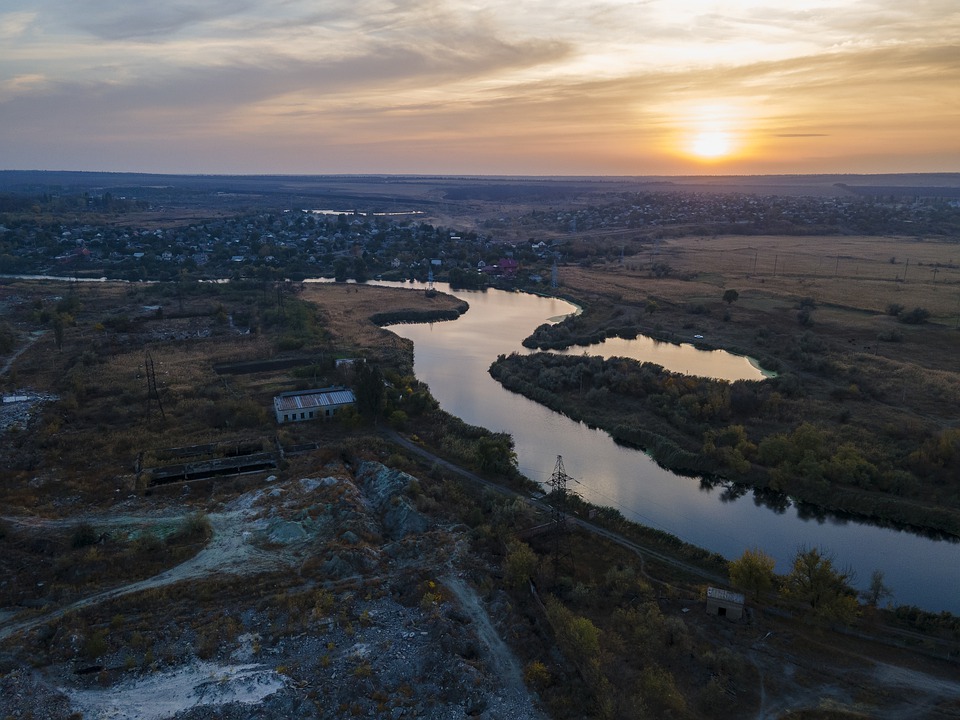The buildup of Russian troops at the border it shares with Ukraine has raised concerns among countries amidst fears of a possible invasion. Ahead of Moscow’s talks with Germany, Russian President Vladimir Putin withdrew 10,000 of his troops from the border.
Putin has ordered a withdrawal of 10,000 Russian troops at the border it shares with Ukraine. The move would likely be seen by world leaders as an effort to extend an olive branch by the end of the year. It also comes amidst tensions over the buildup of soldiers at the border with Ukraine as well as the decision by Putin to test a hypersonic missile Thursday last week.
The drills took place in regions close to Ukraine such as Crimea, Rostov, and Kuban in the southern part of Russia. The deployments of thousands of troops have led to fears of a possible invasion or military conflict with Ukraine. While Russia has denied the allegations, it has also demanded that the West agree to their requests that Ukraine not be allowed membership in NATO as it poses a security issue for Russia, as Ukraine’s ties with Western nations are growing.
Moscow has also insisted that they are rightfully allowed to deploy troops on its own territory. Estimates for the number of Russian troops at the border range from 60,000 to 90,000. However, a US intelligence document suggested that the number could go as high as 175,000.
Satellite images have also suggested that Russia has continued to build up its military forces in Crimea and the region near Ukraine in the past few weeks all the while pressing the US to agree to its demands.
Speaking with Express, a Ukrainian soldier Kateryna Koval, a reserve officer in the Ukrainian armed forces, said that the country’s move towards NATO membership is the key to tackling the challenge posed by Russia over the coming years as well as Putin’s advances onto Ukraine. Koval explained that the move would not only bolster Ukraine’s strength, it will also show young Ukrainians who are in the Russian-occupied Crimea and the Donbas border that life can be different when it is allied with the West.
“We should consolidate strength to make good defense, security, and information policy in Ukraine,” said Koval, who is also a civil activist. “Of course we should strengthen our vector via Atlantic cooperation and to become a member of NATO.”



 Pentagon Leaders Monitor U.S. Iran Operation from Mar-a-Lago
Pentagon Leaders Monitor U.S. Iran Operation from Mar-a-Lago  Israel Launches Fresh Strikes on Iran After Death of Supreme Leader Ayatollah Khamenei
Israel Launches Fresh Strikes on Iran After Death of Supreme Leader Ayatollah Khamenei  Macron Urges Emergency UN Security Council Meeting as US-Israel Strikes on Iran Escalate Middle East Tensions
Macron Urges Emergency UN Security Council Meeting as US-Israel Strikes on Iran Escalate Middle East Tensions  UK Accepts U.S. Request to Use British Bases for Defensive Strikes on Iranian Missiles
UK Accepts U.S. Request to Use British Bases for Defensive Strikes on Iranian Missiles  Israel Declares State of Emergency as Iran Launches Missile Attacks
Israel Declares State of Emergency as Iran Launches Missile Attacks  Trump Says U.S. Attacks on Iran Will Continue, Warns of More American Casualties
Trump Says U.S. Attacks on Iran Will Continue, Warns of More American Casualties  Does international law still matter? The strike on the girls’ school in Iran shows why we need it
Does international law still matter? The strike on the girls’ school in Iran shows why we need it  EU Urges Maximum Restraint in Iran Conflict Amid Fears of Regional Escalation and Oil Supply Disruption
EU Urges Maximum Restraint in Iran Conflict Amid Fears of Regional Escalation and Oil Supply Disruption  Trump Launches Operation Epic Fury: U.S. Strikes on Iran Mark High-Risk Shift in Middle East
Trump Launches Operation Epic Fury: U.S. Strikes on Iran Mark High-Risk Shift in Middle East  Trump Warns Iran as Gulf Conflict Disrupts Oil Markets and Global Trade
Trump Warns Iran as Gulf Conflict Disrupts Oil Markets and Global Trade  HHS Adds New Members to Vaccine Advisory Panel Amid Legal and Market Uncertainty
HHS Adds New Members to Vaccine Advisory Panel Amid Legal and Market Uncertainty  Why did Iran bomb Dubai? A Middle East expert explains the regional alliances at play
Why did Iran bomb Dubai? A Middle East expert explains the regional alliances at play  Argentina Tax Reform 2026: President Javier Milei Pushes Lower Taxes and Structural Changes
Argentina Tax Reform 2026: President Javier Milei Pushes Lower Taxes and Structural Changes  Trump Announces U.S. Strikes on Iran Navy as Conflict Escalates
Trump Announces U.S. Strikes on Iran Navy as Conflict Escalates  Middle East Conflict Escalates After Khamenei’s Death as U.S., Israel and Iran Exchange Strikes
Middle East Conflict Escalates After Khamenei’s Death as U.S., Israel and Iran Exchange Strikes  Russia Signals Openness to U.S. Security Guarantees for Ukraine at Geneva Peace Talks
Russia Signals Openness to U.S. Security Guarantees for Ukraine at Geneva Peace Talks  Marco Rubio to Brief Congress After U.S.-Israeli Strikes on Iran
Marco Rubio to Brief Congress After U.S.-Israeli Strikes on Iran 































